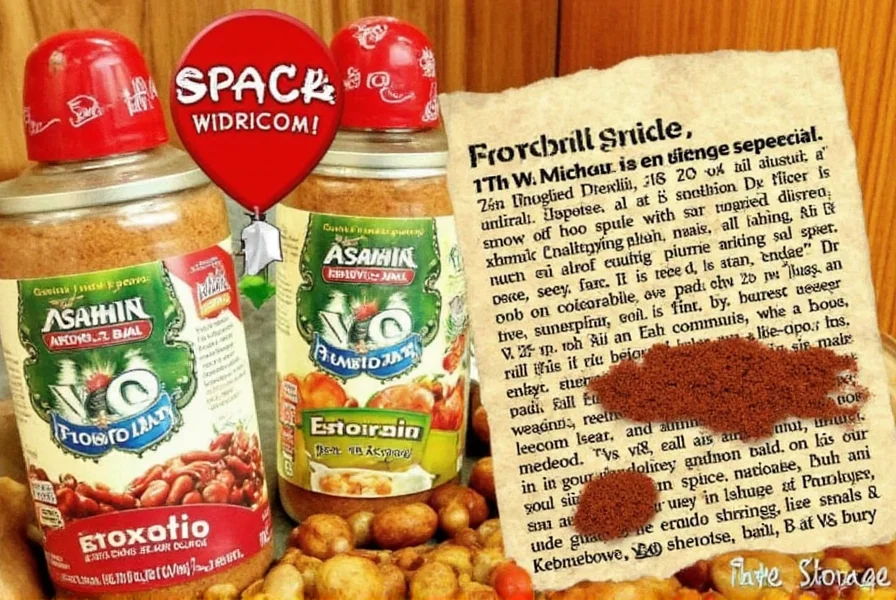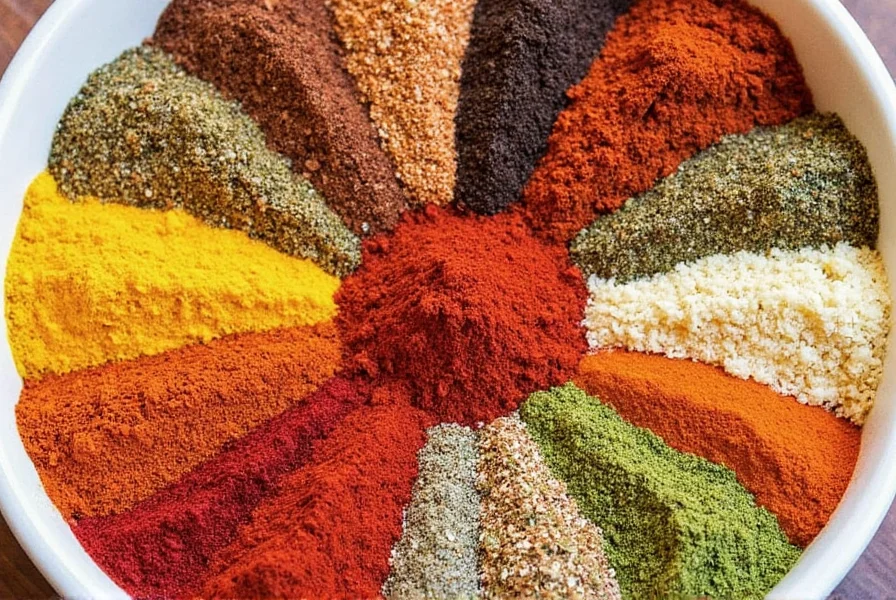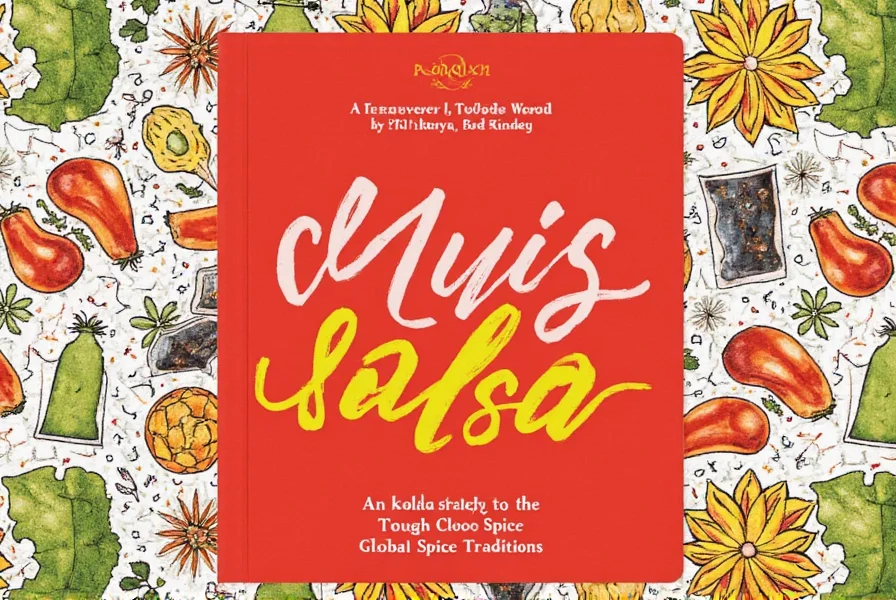The Savory Secret: Montreal Steak Sauce & Global Spice Traditions
Table of Contents
Introduction to Montreal Steak Sauce
Montreal steak sauce is more than just a condiment—it's a flavor-packed symbol of culinary tradition. Originating from Canada, this bold and tangy sauce has become a staple in kitchens around the world. Its roots trace back to the Jewish communities in Montreal, where it was used to season grilled meats like kielbasa and steak. Over time, its popularity spread, and now it's a go-to for anyone looking to add depth and heat to their dishes.
What makes Montreal steak sauce so special? It’s a blend of vinegar, spices, garlic, and sometimes even a hint of heat. The result is a sauce that’s both zesty and savory, perfect for drizzling over meat, mixing into marinades, or even using as a base for sauces and dips. Whether you're grilling out or cooking at home, this sauce can elevate your meal with ease.
Global Spice Traditions: A Flavorful Journey
Spices are the heartbeat of global cuisine. From the smoky paprika of Spain to the fiery chili powders of Mexico, each region has its own unique spice heritage. These traditions have shaped not only the flavors of food but also the way people cook, eat, and celebrate together.
Montreal steak sauce may seem like a local specialty, but its ingredients and flavor profile are reminiscent of spice blends found in many parts of the world. For example, the use of vinegar and garlic echoes the boldness of Indian chutneys, while the combination of herbs and spices mirrors the complexity of Middle Eastern za'atar. This makes Montreal steak sauce a great bridge between traditional and global flavors.
| Region | Signature Spices | Flavor Profile |
|---|---|---|
| India | Cardamom, Cumin, Turmeric | Earthy, aromatic, rich |
| Mexico | Cumin, Chili Powder, Oregano | Smoky, spicy, bold |
| Middle East | Za’atar, Sumac, Cumin | Tangy, herbal, nutty |
| Canada (Montreal) | Vinegar, Garlic, Paprika | Tangy, garlicky, smoky |

Practical Tips for Using Montreal Steak Sauce
If you're new to Montreal steak sauce, here are some practical tips to help you get the most out of this versatile condiment:
- Marinate Meats: Mix the sauce with olive oil and herbs to create a flavorful marinade for chicken, beef, or pork. Let it sit for at least an hour before grilling or roasting.
- Drizzle Over Grilled Foods: Add a splash of sauce to burgers, steaks, or roasted vegetables right before serving for an extra kick of flavor.
- Make a Dip: Combine the sauce with Greek yogurt or sour cream for a creamy, tangy dip that pairs well with chips, veggies, or pita bread.
- Add to Sauces: Use it as a base for barbecue sauces, salad dressings, or even a quick stir-fry glaze.
- Experiment with Heat: If you like a spicier version, mix in a dash of hot sauce or cayenne pepper for added warmth.

Buying Guide: Finding the Perfect Montreal Steak Sauce
With so many options on the market, choosing the right Montreal steak sauce can be overwhelming. Here’s a guide to help you find the best one for your taste and needs:
Key Features to Look For
- Ingredients: Look for natural, high-quality ingredients like vinegar, garlic, and spices. Avoid sauces with excessive preservatives or artificial additives.
- Heat Level: Some versions are mild, while others pack a punch. Choose based on your personal preference—especially if you’re using it for dipping or marinating.
- Brand Reputation: Opt for well-known brands that have a reputation for quality and consistency. Popular choices include Montreal Steak Sauce by Chef Paul and Mireille.
- Packaging: Consider whether you prefer glass bottles, squeeze bottles, or ready-to-use jars. Each offers different convenience levels depending on how you plan to use the sauce.
Recommended Products
- Montreal Steak Sauce by Chef Paul
- Features: Classic recipe with a balance of tangy and garlicky flavors.
- Advantages: Great for everyday use and marinating.
- Use Cases: Ideal for grilling, baking, or adding depth to sauces.
- Target Audience: Home cooks and grill enthusiasts.
- Suitable Occasions: Barbecues, family dinners, and casual gatherings.
- Mireille Montreal Steak Sauce
- Features: Slightly spicier and more robust in flavor.
- Advantages: Adds a nice kick without overpowering other ingredients.
- Use Cases: Perfect for those who enjoy a little heat.
- Target Audience: Adventurous eaters and spice lovers.
- Suitable Occasions: Holiday meals, dinner parties, or gourmet cooking.
Conclusion: Embrace the Flavors of the World
Montreal steak sauce is more than just a condiment—it's a delicious reminder of how global spice traditions continue to influence and inspire our cooking. Whether you're a seasoned chef or a curious home cook, this sauce offers a unique way to bring bold, tangy flavors into your kitchen.
By exploring the history, uses, and variations of Montreal steak sauce, you can deepen your appreciation for the diverse world of spices. And remember, the best part of cooking is experimenting with new flavors and finding what works for you. So grab a bottle, get creative, and let your taste buds take a trip around the world!











 浙公网安备
33010002000092号
浙公网安备
33010002000092号 浙B2-20120091-4
浙B2-20120091-4